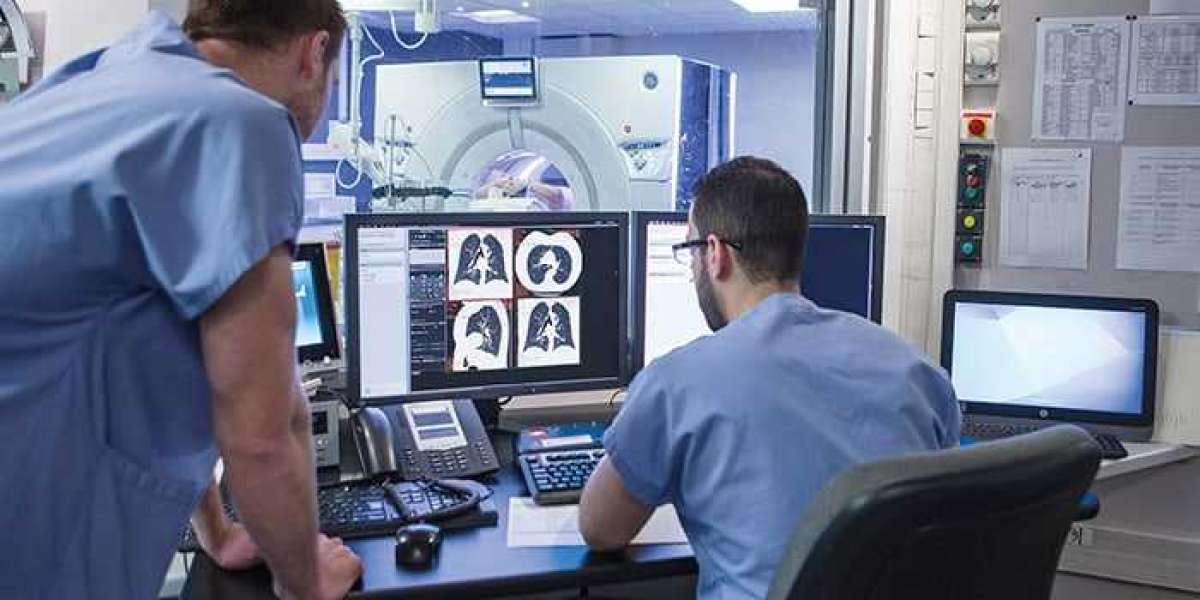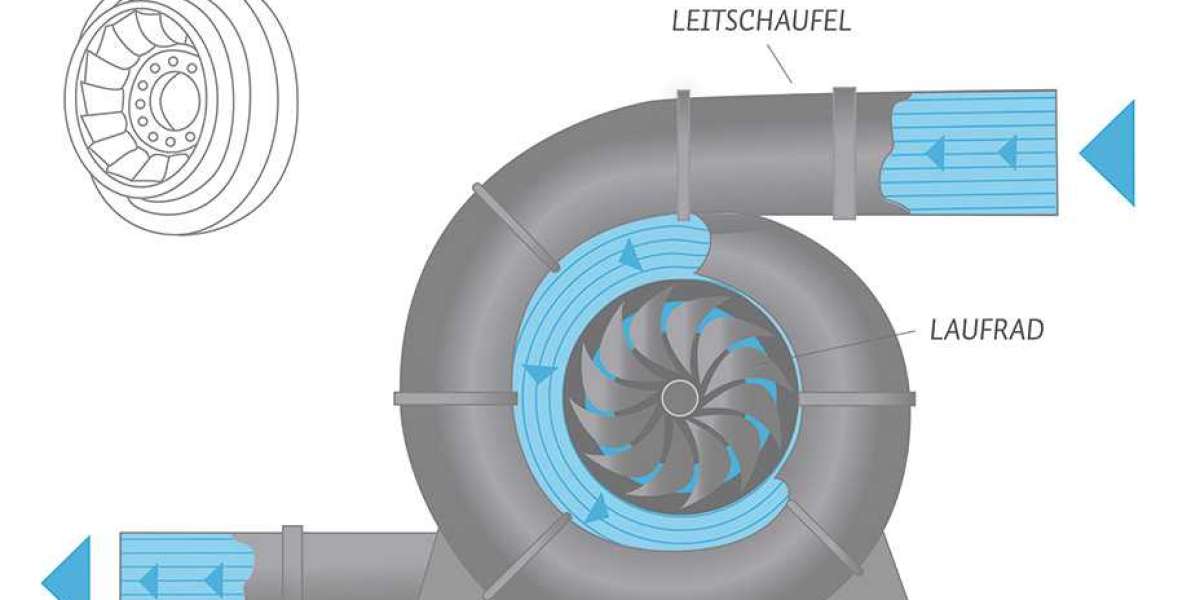Paediatric care has undergone significant transformations in recent years, thanks to the rapid advancements in technology. Among these, Artificial Intelligence (AI) has emerged as a game-changer, revolutionizing the way healthcare is delivered to children. AI technologies are increasingly being integrated into various aspects of Paediatric care, ranging from diagnostics to treatment and ongoing monitoring. This article explores the innovative ways in which AI is transforming Paediatric care and enhancing outcomes for young patients.
1. Early Detection and Diagnosis:
One of the primary benefits of AI in Paediatric care is its ability to aid in early detection and diagnosis of various medical conditions. AI algorithms can analyze vast amounts of medical data, including imaging and genetic information, to identify patterns that may not be immediately apparent to human healthcare providers. In the case of Paediatric diseases, early diagnosis is crucial for effective intervention and improved outcomes.
For example, AI-powered image analysis has proven to be highly effective in identifying subtle abnormalities in Paediatric radiology, such as tumors or congenital anomalies. This not only expedites the diagnostic process but also ensures that appropriate treatment plans can be initiated promptly.
2. Personalized Treatment Plans:
AI consultants enables the creation of personalized treatment plans tailored to the specific needs of each Paediatric patient. By analyzing a patient's medical history, genetic information, and ongoing health data, AI algorithms can identify the most effective and least invasive treatment options. This personalized approach minimizes the risk of adverse reactions and optimizes the chances of successful outcomes.
In Paediatric oncology, for instance, AI assists in predicting how individual patients will respond to different cancer treatments based on their genetic makeup. This allows healthcare providers to tailor chemotherapy regimens, minimizing side effects and improving the overall quality of life for young cancer patients.
3. Remote Monitoring and Home Care:
AI technologies play a crucial role in enabling remote monitoring of Paediatric patients, especially those with chronic conditions. Wearable devices and smart sensors equipped with AI algorithms can continuously collect and analyze vital signs, providing real-time data to healthcare providers. This not only allows for timely intervention in case of emergencies but also reduces the need for frequent hospital visits.
For parents of children with chronic illnesses, top generative AI companies implement home care solutions that offer peace of mind by providing tools for monitoring their child's health remotely. This shift towards remote monitoring enhances the overall quality of life for Paediatric patients and their families, minimizing disruptions to daily routines.
4. Paediatric Behavioral Health:
AI is making significant strides in addressing Paediatric behavioral health challenges. The technology can analyze speech patterns, facial expressions, and other behavioral cues to assess a child's mental and emotional well-being. This capability is particularly valuable in identifying early signs of conditions such as anxiety, depression, and attention-deficit hyperactivity disorder (ADHD).
AI-powered chatbots and virtual therapists are being developed to provide continuous support and intervention for children with behavioral health concerns. These tools offer a non-intrusive and accessible means for children to express their emotions and receive guidance, complementing traditional therapeutic approaches.
5. Training and Decision Support for Healthcare Providers:
AI serves as a valuable tool for training healthcare professionals and supporting them in making informed decisions. Paediatricians and other healthcare providers can benefit from AI-driven simulations and virtual training modules, enhancing their skills in diagnosing and treating various Paediatric conditions.
Additionally, AI-based decision support systems provide real-time assistance to healthcare providers by offering relevant information, treatment guidelines, and potential diagnoses based on the patient's data. This can significantly enhance the accuracy and efficiency of medical decision-making in Paediatric care.
Conclusion:
The integration of AI technologies into Paediatric care represents a transformative shift towards more efficient, personalized, and accessible healthcare for children. From early detection and diagnosis to personalized treatment plans, remote monitoring, and behavioral health support, AI is revolutionizing the way Paediatricians and caregivers approach the well-being of young patients. As technology continues to evolve, the potential for further innovations in Paediatric care through AI is vast, promising brighter and healthier futures for children around the world.







